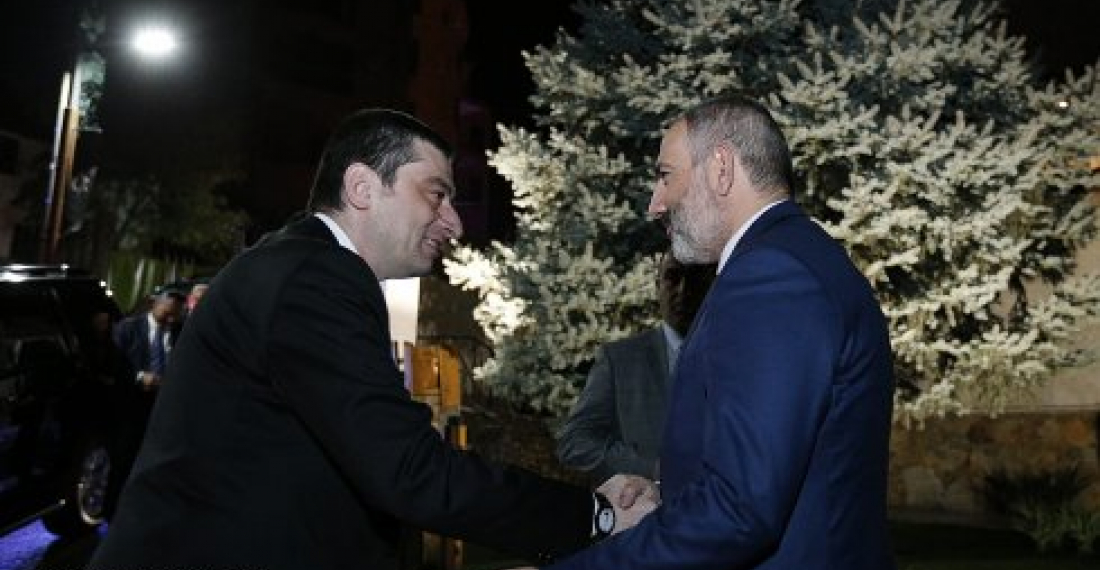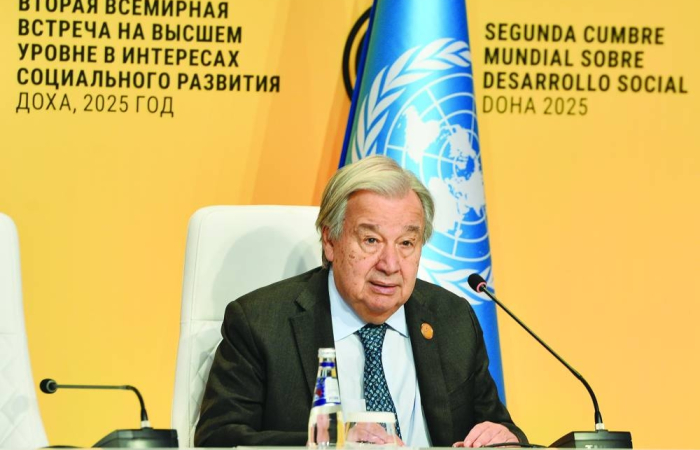Премьер-министр Грузии Георгий Гахария во вторник (15 октября) посетил Армению, где провел встречи с руководством Армении. Гахария встретился с премьер-министром Никол Пашиняном, президентом Арменом Саркисяном и другими государственными чиновниками.
"Мы несем большую ответственность - это наша история и наши предки, которые создали основу для дружественных отношений между грузинским и армянским народом. Я уверен, что мы будем нести ответственность достойно. Мы, грузинское правительство, готовы работать для того, чтобы двусторонние отношения стали еще более эффективными," - сказал Гахария в начале визита. Со своей стороны премьер-министр Армении Никол Пашинян сказал, что отношения с Грузией имеют особое значение для Армении. Пашинян отметил, что, по всей вероятности, Грузия заметила, что после избрания на пост премьер-министра армяно-грузинские двусторонние отношения развиваются с особой теплотой.
Пашинян также отметил, что стороны заявили о необходимости созыва заседания межправительственной комиссии и, параллельно с этим, о важности проведения армяно-грузинского бизнес-форума.
Говоря о региональной безопасности, премьер-министр Армении выразил уверенность, что развитие армяно-грузинских отношений будет продолжаться без внешнего влияния.
"Мы считаем, что урегулирование конфликтов возможно только мирными средствами, основанными на принципах и положениях международного права," - подчеркнул Никол Пашинян. "Мы подтвердили, что каждый конфликт уникален, и решения должны основываться на их содержании. Мы также одобрили сбалансированный подход к чувствительным вопросам".
В рамках визита также состоялась встреча министра иностранных дел Армении Зохраба Мнацаканяна с его грузинским коллегой Давидом Залкалиани.
"Министры иностранных дел подтвердили обоюдную готовность углубить многовековую дружбу между двумя странами во всех возможных направлениях, наметив рамки для шагов, которые необходимо предпринять для этого," - утверждают источники в МИД Армении.
Министры иностранных дел Армении и Грузии обменялись мнениями о сотрудничестве и диалоге с ЕС в рамках «Восточного партнерства».
В ходе встречи также обсуждалась ситуация и проблемы в регионе. Стороны подчеркнули важность поддержания регионального мира, безопасности и стабильности.
источник: commonspace.eu по материалам агентств
фото: Премьер-министр Никол Пашинян приветствует премьер-министра Грузии Георгия Гахария в своей резиденции в Ереване. (Фото любезно предоставлено пресс-службой правительства Армении






